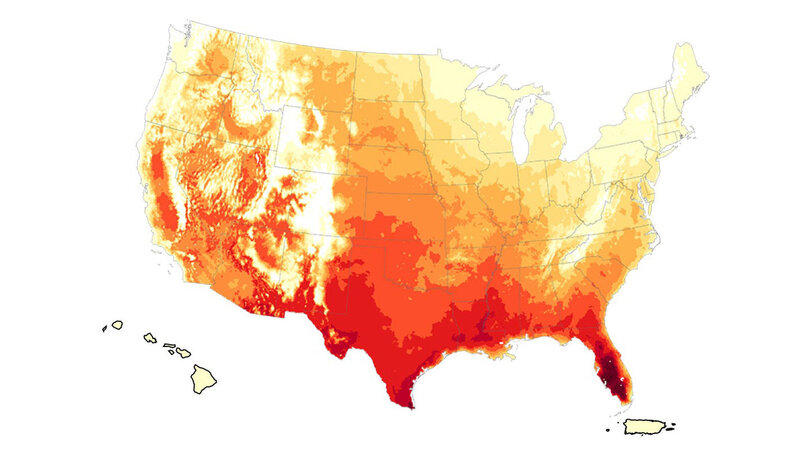https://www.npr.org/2023/11/29/ [login to see] /3-climate-impacts-the-u-s-will-see-if-warming-goes-beyond-1-5-degrees
As world leaders gather at COP28, the annual climate change negotiations held in Dubai this year, one number will be front and center: 1.5 degrees Celsius (2.7 degrees Fahrenheit). That's the amount countries have agreed to limit warming to by the end of the century.
The world is already perilously close to that number. Since the Industrial Revolution, the planet has warmed by about 1.2 degrees Celsius, predominantly due to heat-trapping emissions that come from burning fossil fuels. This year is expected to be the hottest on record, with temperatures in September reaching 1.8 degrees Celsius above average.
Currently, the world is on track for just under 3 degrees Celsius of warming (more than 5 degrees Fahrenheit) by the end of the century. While a few degrees of difference may seem small, climate research shows that every tenth of a degree can have a profound effect when it comes to the dangers posed by extreme weather.
"We're not destined for some catastrophic climate," says Deepti Singh, who is an assistant professor at Washington State University. "We know that we can have a future that is more equitable and less volatile if we limit the warming through our actions today."
Here are three climate impacts that get substantially worse in the U.S. if the world exceeds 1.5 degrees Celsius of warming.



 Climate Change
Climate Change Research
Research


